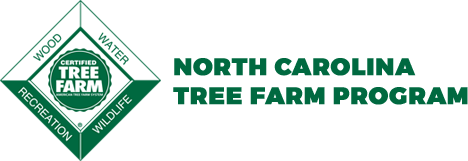Coexisting With Wildlife
General Information
Tips on Coexisting With Wildlife (N.C. Wildlife Resources Commission)
Many species of wildlife do not cause damage in the traditional sense but can be considered nuisances merely by their presence in a particular location. The North Carolina Wildlife Resources Commission provides guidance in solving problems associated with “nuisance” wildlife.
The Hazards of Feeding Wildlife (N.C. Wildlife Resources Commission)
While seeing wild animals up close can be enjoyable, providing wild animals with a steady, human-supplied food source nearly always leads to problems for both the animals and humans.
Leave Young Wildlife Alone: If You Care Leave Them There (N.C. Wildlife Resources Commission) Cute baby bunnies are a staple of Easter, but taking young rabbits out of your yard and into your home will likely do more harm than good. Well-meaning people often put young wildlife’s health in danger when they intervene in a wild animal’s natural process of growing up.
Wildlife Damage Control (N.C. Wildlife Resources Commission)
In general, wild animals prefer to avoid people and live by a “you leave me alone and I’ll leave you alone” strategy. In some cases, however, wildlife take advantage of food or shelter that humans provide, which can lead to conflicts
Contacting a Wildlife Damage Control Agent (N.C. Wildlife Resources Commission)
Here are steps to take before you call a wildlife damage control agent.
Beaver
Managing Beaver Ponds (N.C. Cooperative Extension)
This publication reviews some of the benefits of beavers and methods to manage and enhance beaver ponds.
Beaver Management: Damage to Small Ponds (N.C. Wildlife Resources Commission)
Here are four methods for controlling beavers.
Black Bear
Coexisting with Black Bears (N.C. Wildlife Resources Commission)
While sighting a bear from a distance can be entertaining and educational, you can take some simple steps to avoid interactions that might become dangerous.
Coyote
Coexist with Coyotes (N.C. Wildlife Resources Commission)
Coyotes’ unique ability to adapt to a wide range of habitats along with rapid human population growth across North Carolina has led to an increase in sightings.
Bats
Wildlife Damage Control – Bats (Penn State Extension)
Bats do not damage or destroy property by gnawing or chewing, but their droppings may cause odor problems. Also, homeowners are often uncomfortable with bats in their houses.
